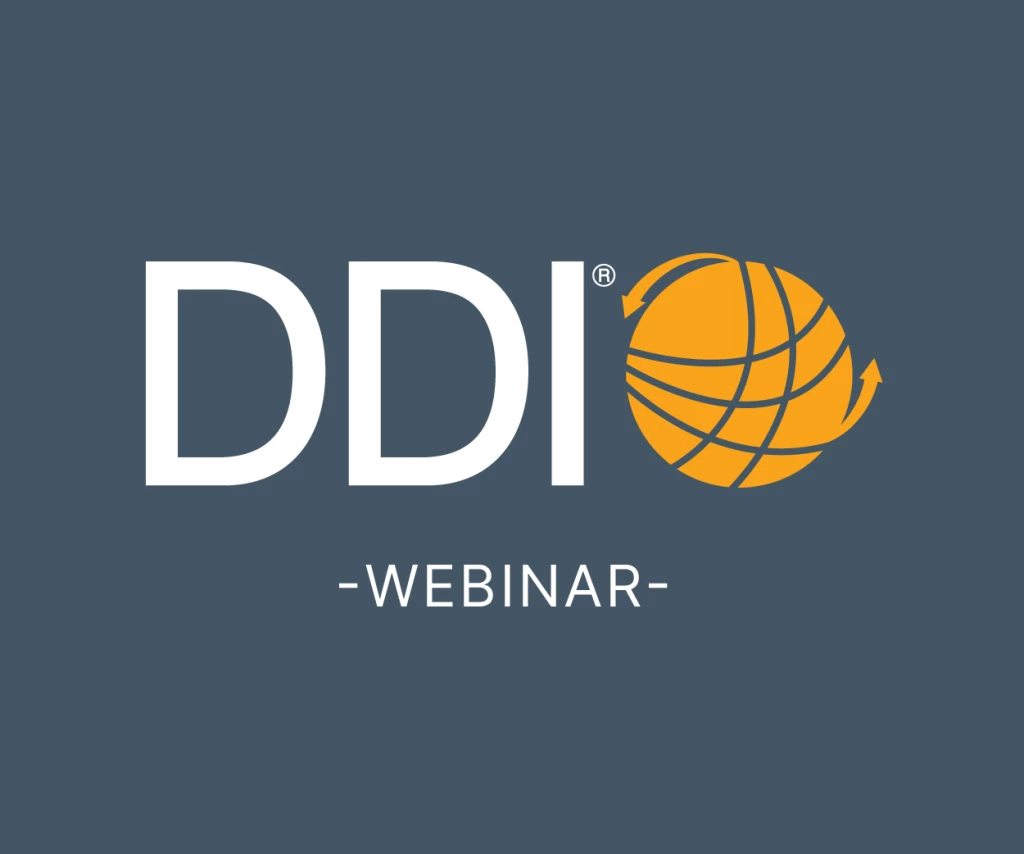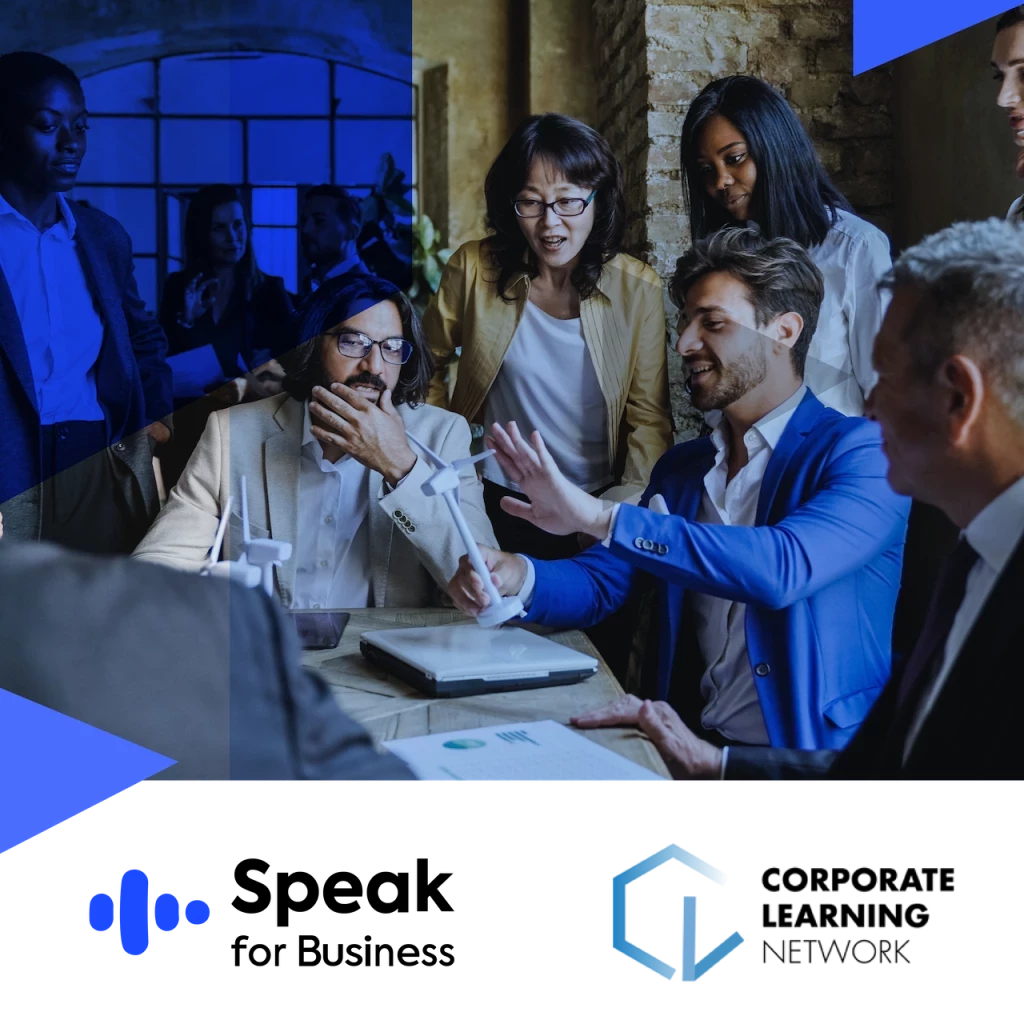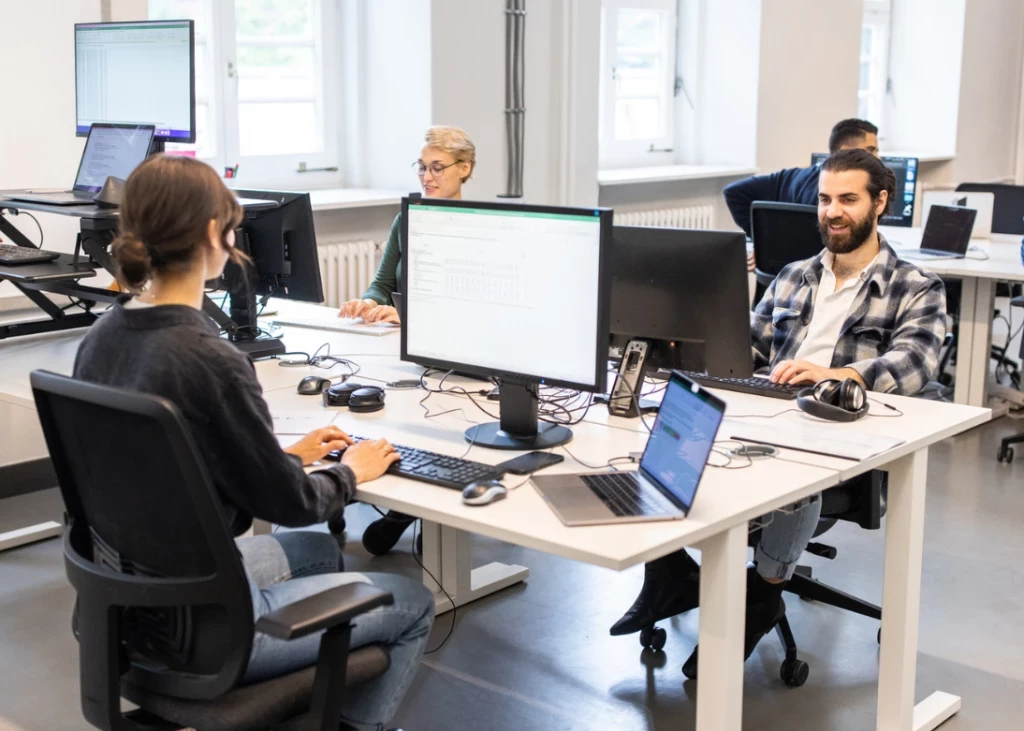Lifelong Learning – Keep Your Inner Light Burning
Add bookmark
In The Beatles’ Song, “The Inner Light,” George Harrison Writes:
“The farther one travels
The less one knows
The less one really knows”
This holds so true today, as technology has made the world more complex while trying to make us more productive. How do you keep your inner light of knowledge burning?
Self-aware leaders who understand their strengths and weaknesses recognize the need to be lifelong learners. With change being the only constant in our lives, we can’t afford to be complacent with our knowledge because we will end up comprehending less and less.
The lives of outstanding leaders exemplify lifelong learning, a deliberate choice of priority. They gain insights through reading, reflecting, testing what they learn, practicing, sharing and teaching others. In today’s networked environment, a leader has so many ways to do this.
The first step in lifelong learning starts with a commitment to learning continuously. Give yourself time during the day just for education. The timebox technique can help you schedule this as an item on your calendar. Understand your learning style. Many of us like to read books and articles.
Others may learn better by watching videos or listening to audio. Be conscious of your learning style when finding the right resources. You may be interested in specific subjects and want to expand your understanding. You may be curious about others. Allow yourself time for serendipity, which makes learning fun.
Take responsibility for your learning. Create a personal development plan. A framework for lifelong learning can help. It consists of two parts, one people-focused and the other process-focused. Leaders can use this framework to practice lifelong learning by putting them together and creating a learning cycle.
People-Focused
- Self-Awareness and Emotional Intelligence: Personal development requires that you recognize your strengths and weaknesses. You also need to have external self-awareness of how others see you. Research has shown that we become better when we see ourselves clearly and work on our shortcomings. Become a lifelong learner by understanding self-management. Self-awareness is essential to identify the gaps in your emotional intelligence and prepare for personal development.
- Role Models: Find a role model, someone you admire and would like to emulate. It could be in your immediate circle, in your family – your father, mother, older siblings, or someone at work. They may be in your community, government, or world leadership. Strive to emulate their leadership qualities. Learn from them and personalize those qualities. Keep in mind that role models are not perfect. Your circumstances differ from those of role models. Your emotional intelligence can guide you in using what makes sense for you.
- Mentors: Mentors can tremendously impact a leader’s self-development. Once you find a mentor willing to work with you, take responsibility for being a good mentee. Take care of the logistics involved in your meeting, setting agendas, and defining your learning objectives. Grow the mentor-mentee relationship with regularly scheduled meetings. You don’t need to settle for just one mentor.
You can develop a few mentors depending on your areas of interest. Your mentor is interested in knowing how you benefited from her sessions, so share your progress. Ask her if there is anything you can do to help her. A good mentoring relationship is reciprocal. - Communities: Communities are your peers in the leadership journey. Connect with as many as you can. You can learn together, fuel each other’s insights, and collectively progress in self-development and lifelong learning. Examples of such communities are the Corporate Learning Network and LinkedIn Groups. Today, thanks to technology, we also have a personal learning network (PLN). Each of us can create our own using social media channels such as Twitter and Facebook for learning purposes.
Process-Focused
- Goals/Aspirations: Setting goals for learning anchors your development. While an overarching goal is to become a better leader, you should set more specific targets, such as becoming a strategic thinker. Measure your progress as you make your journey in personal development. Your priorities change depending on the events that occur throughout your life. Be prepared to reset goals if necessary.
- Development Plans: You need a development plan regardless of the resources used. It should identify specific areas for development, timeline and means of accomplishing the goals you set for your learning.
For example, understanding the history of leadership theories can give you valuable perspective on what approaches have worked in the past and how those approaches can be adapted for today’s world, where the workplace has been transformed because of digital technologies. Besides understanding leadership theories, you will find material from your reading that you can use to engage with your community and prospective mentors.
Without practice, what you read will remain theoretical. For example, you can read about how to give performance feedback yet feel apprehensive every time you have to do it. Practicing this in a low-risk situation can help. Reading and writing go together. Learn to write better. To become a humble leader, be consciously grateful and practice humility every chance. - Evaluate and Refine: The process of learning is a cycle. Check your progress against your development goals. Do it once in two weeks, or even once a week. Reflect on what went well and why. Use this to refine your learning journey. The results of your analysis should influence how you use community resources and mentors.
Conclusions
Learning is essential to being a leader. Lifelong learning helps you be the best at every step of your leadership journey. Use a personal development plan to learn and enrich your knowledge continuously.
This article is adapted from the book Leadership Lessons with The Beatles: Actionable Tips and Tools for Becoming Better at Leading by Shantha Mohan, Routledge, Taylor & Francis, 2022.


























